Terminology Server
Terminology Server creates structures in National and International Clinical Terminology standards, enabling the creation and management of terminology contents compatible with standards such as ICD 10-11, SNOMED CT, LOINC and RxNorm. With the Terminology Server, all health records are managed with accurate coding.
Benefits and Innovations
The use of Terminology Server helps in understanding and sharing health data. The use of different information systems, differences in data management and the use of varying terminology make it difficult for the entire system to be interoperable. Terminology Server solves all of these challenges.
Benefits
- Standard Health Data Mapping
- Simplified Terminology Usage
- Error Reduction in Health Data
- HL7 Standard Compliance
- FHIR Server Integration
- System Interoperability
- Accurate Concept Coding
- Clear Internal Structure
- Simplified Implementation
- Improved Data Sharing
Innovations
- Collaborative Terminology Ecosystem
- Centralized Code System Repository
- Broad Adoption Incentives
- Simplified Clinical Terminology Usage
- Advanced Terminology
Unify, Simplify, Amplify:
Understanding the Language of Health with
Terminology Server
Terminology Server brings clarity and coherence to healthcare processes and records by aligning them with clinical terminology standards such as ICD 10-11, SNOMED CT, LOINC, RxNorm. This approach enhances patient care by enabling healthcare professionals to use standardized clinical classification and systems.
Features
Building Code System
Terminology specification concepts defined on HL7 and FHIR principles enable us to build flexible and up-to-date ValueSets designs. With this, managing terminologies to be published, edited or decomposed becomes easier. Correct coding of clinical concepts and transferring this to ValueSets is critical in creating the complete terminology concept.
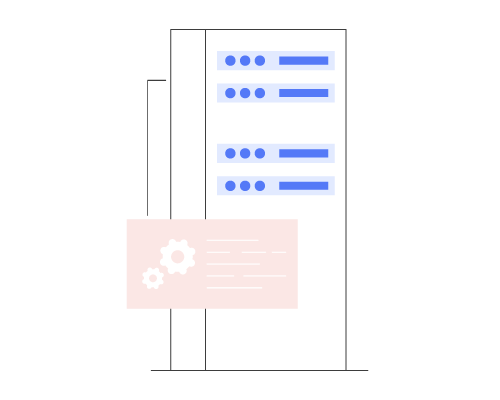
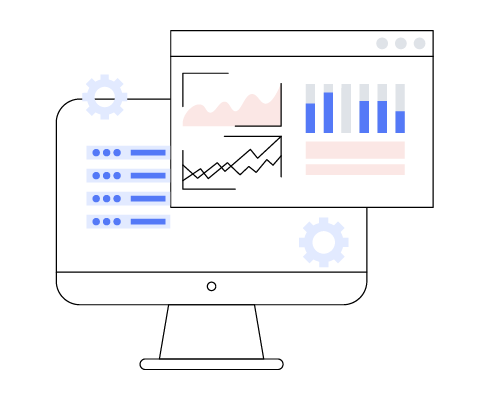
Concept Mapping
Concept Mapping, which is a new concept resource type, simplifies terminology usage and ensures seamless cooperation between FHIR servers and the terminology server. It streamlines basic operations and establishes effective mappings from a set of concepts defined within a code system to one or more other concepts.
Dynamic Terminology Updates
The Terminology Server provides real-time updates to clinical terminologies, ensuring that healthcare professionals have access to the most current standards. This dynamic approach facilitates the immediate integration of new medical discoveries and changes in clinical practices, enhancing the accuracy of health records.
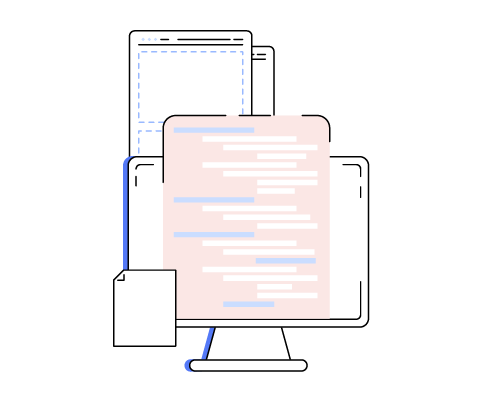
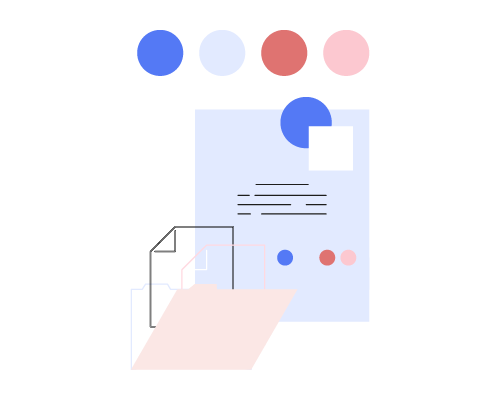
Customizable ValueSets Creation
Users can create customizable ValueSets to meet specific healthcare needs, allowing for adapting global standards to local contexts. This flexibility supports precisely encoding health data, making it relevant and actionable across diverse healthcare settings.
Interdisciplinary Collaboration Tools
Terminology Server includes tools designed to facilitate collaboration among different healthcare disciplines. By enabling seamless communication and shared access to terminology resources, these tools help break down silos within healthcare systems, contributing to a holistic approach to patient care.
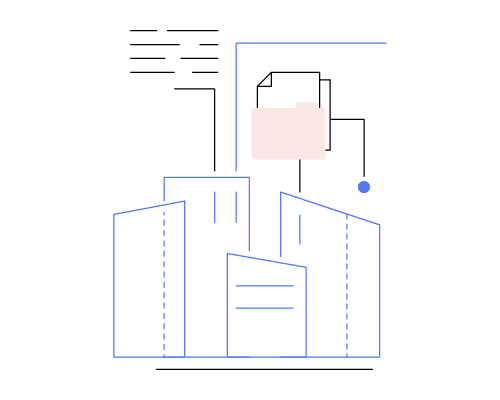
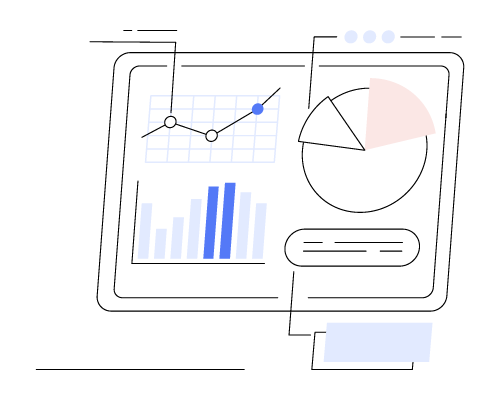
Health Data Analytics Enhancement
With standardized terminology, the server enhances health data analytics by providing a uniform language for data interpretation. This standardization allows for more accurate health trend analysis, outcome measurement and research, driving data-based practices in healthcare.
Terminology Governance Framework
The server offers a comprehensive governance framework for terminology management, ensuring that terminologies are consistently reviewed, approved and maintained according to best practices. This structured approach supports the integrity and reliability of health data across systems.
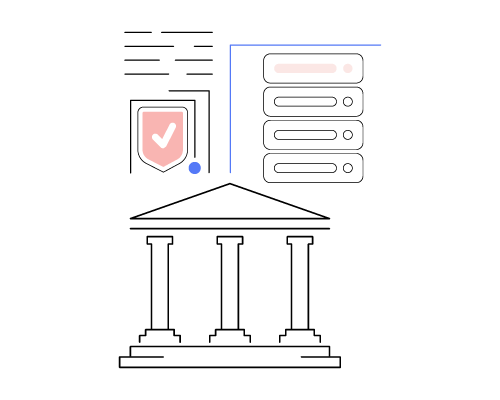
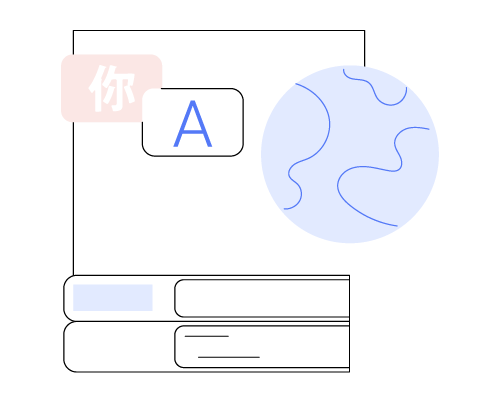
Multi-Language Support
Recognizing the diversity of global healthcare environments, the Terminology Server provides multi-language support, enabling the translation of clinical terminologies into various languages. This feature ensures that healthcare information is accessible and understandable to patients and professionals worldwide.
Integration with Personal Health Records System
Terminology Server seamlessly integrates with our PHR system, facilitating the smooth exchange and interpretation of health data. This integration supports a holistic view of patient health, contributing to more informed clinical decisions and personalized care.
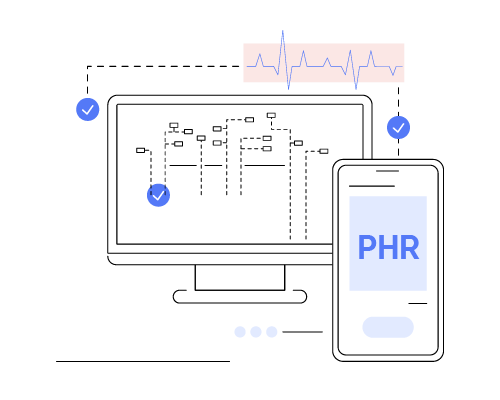
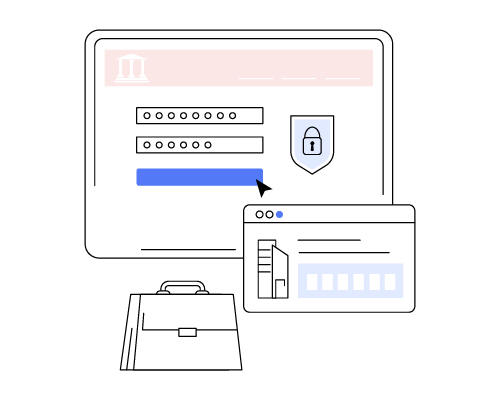
Regulatory Compliance Assistance
The Terminology Server assists healthcare facilities in meeting regulatory requirements related to health data management and reporting. Ensuring compliance with international standards like HL7 and FHIR helps organizations avoid penalties and maintain their reputation for quality care.
Benefits for Patients
Effective and
Quality Care
Increases treatment effectiveness by providing complete coding of health data for more effective diagnosis and treatment.
Data Security and
Privacy
Electonic health records are managed more securely as standardized terminologies comply with data protection protocols.
Better
Health Understanding
Standardized terminology makes it easier for patients to access their health records and understand their health status.
Rapid and Efficient Healthcare Services
Patients receive faster, more efficient healthcare services as accurate data encoding accelerates decision-making in clinical care.
Benefits for Health Professionals
Rapid and
Easy Data Access
As health records management becomes easier, healthcare professionals can easily access and use health data for patient care.
Enhanced
Clinical Decision-Making
Accurate clinical concept coding provides a solid foundation for diagnosis and treatment plans. This strengthens informed clinical decisions.
Improved
Communication
It facilitates clearer communication among healthcare professionals. A shared terminology system helps in understanding patient records across different specializations.
More Time for
Patient Care
As terminology management is automated, time spent on paperwork is reduced. Thus, healthcare professionals can devote more time and focus more on patient care.
Benefits for Healthcare Systems, Providers and Authorities
Advanced
Reporting Capabilities
Effective reporting capabilities with health data management compatible with HL7 and FHIR standards.
Effective
Policy Making
Empowered by data, health authorities develop better health policies as they more effectively monitor and manage health trends and outcomes.
Efficient
Healthcare Systems
Interoperable systems and the use of common clinical terminology improve system efficiency by reducing complexity and operational costs.
Quality Control and
Compliance
Managing clinical terminologies through regular updates ensures healthcare complies with national standards, maintaining high quality and compliance.